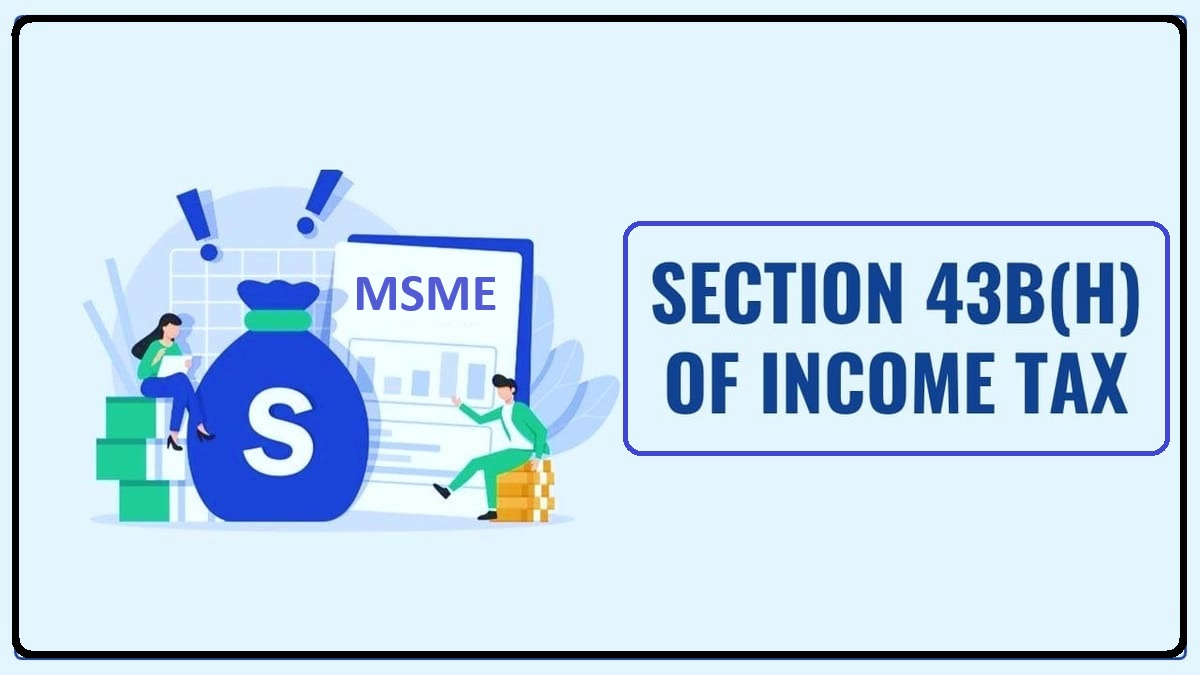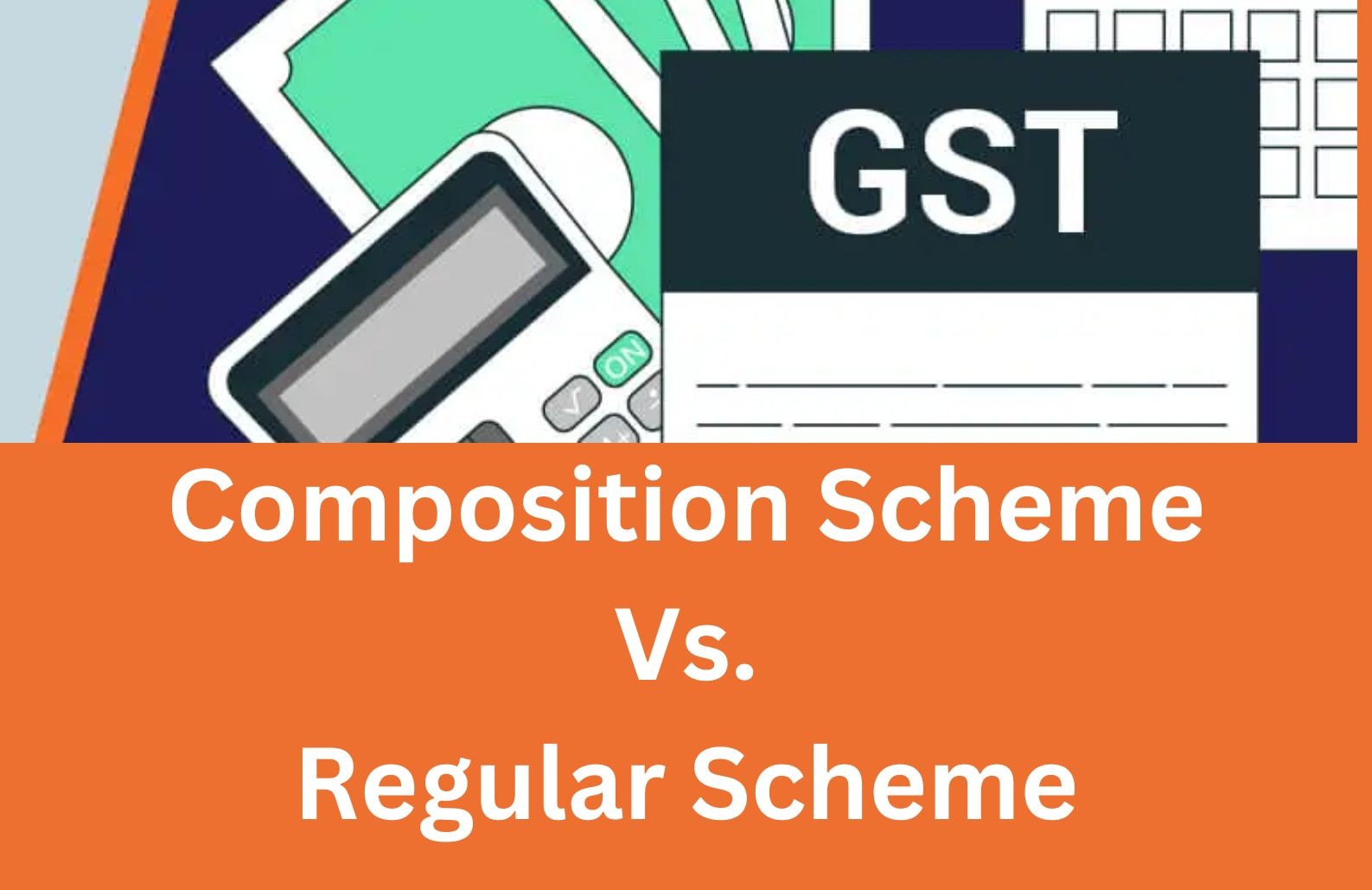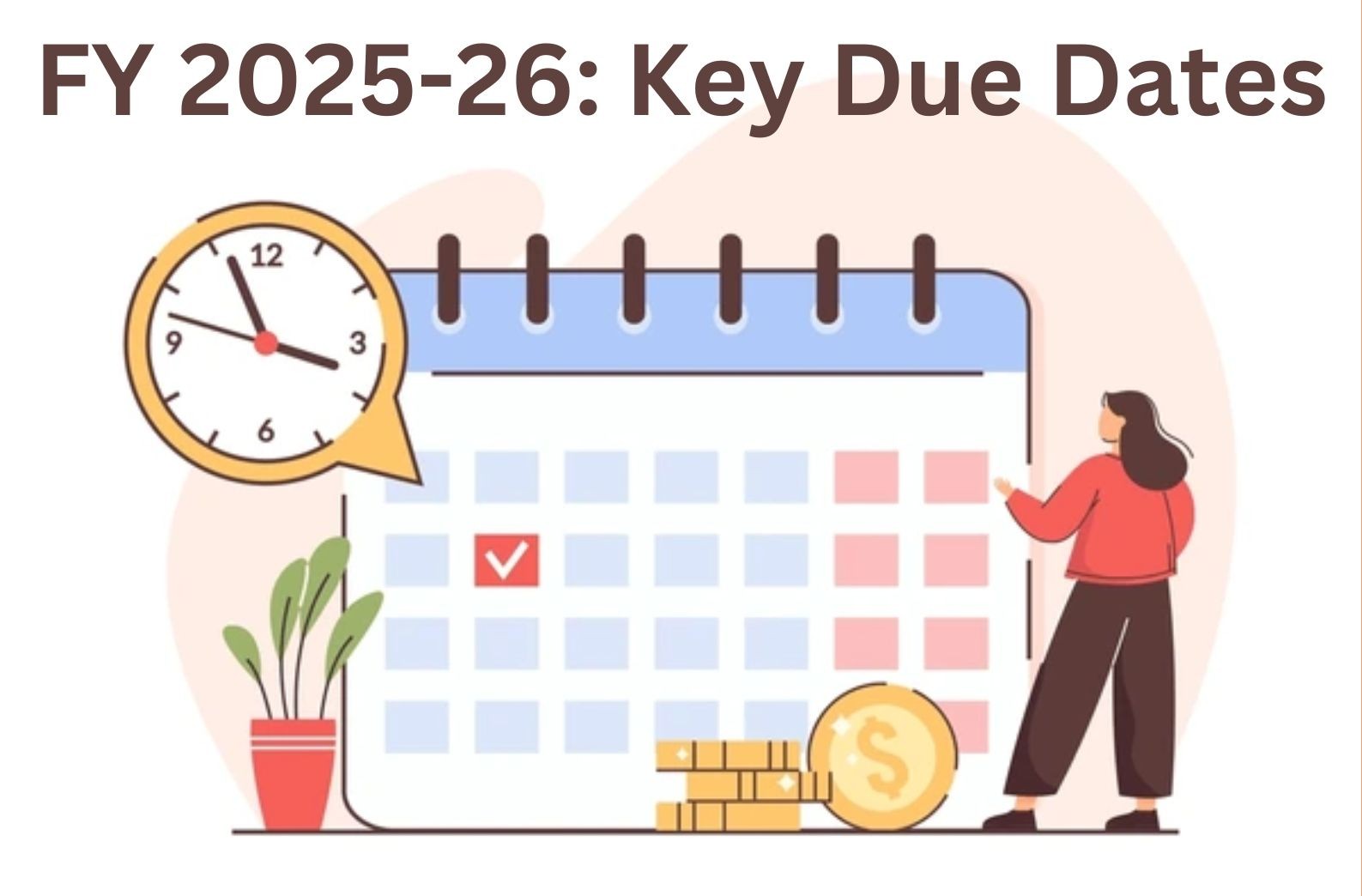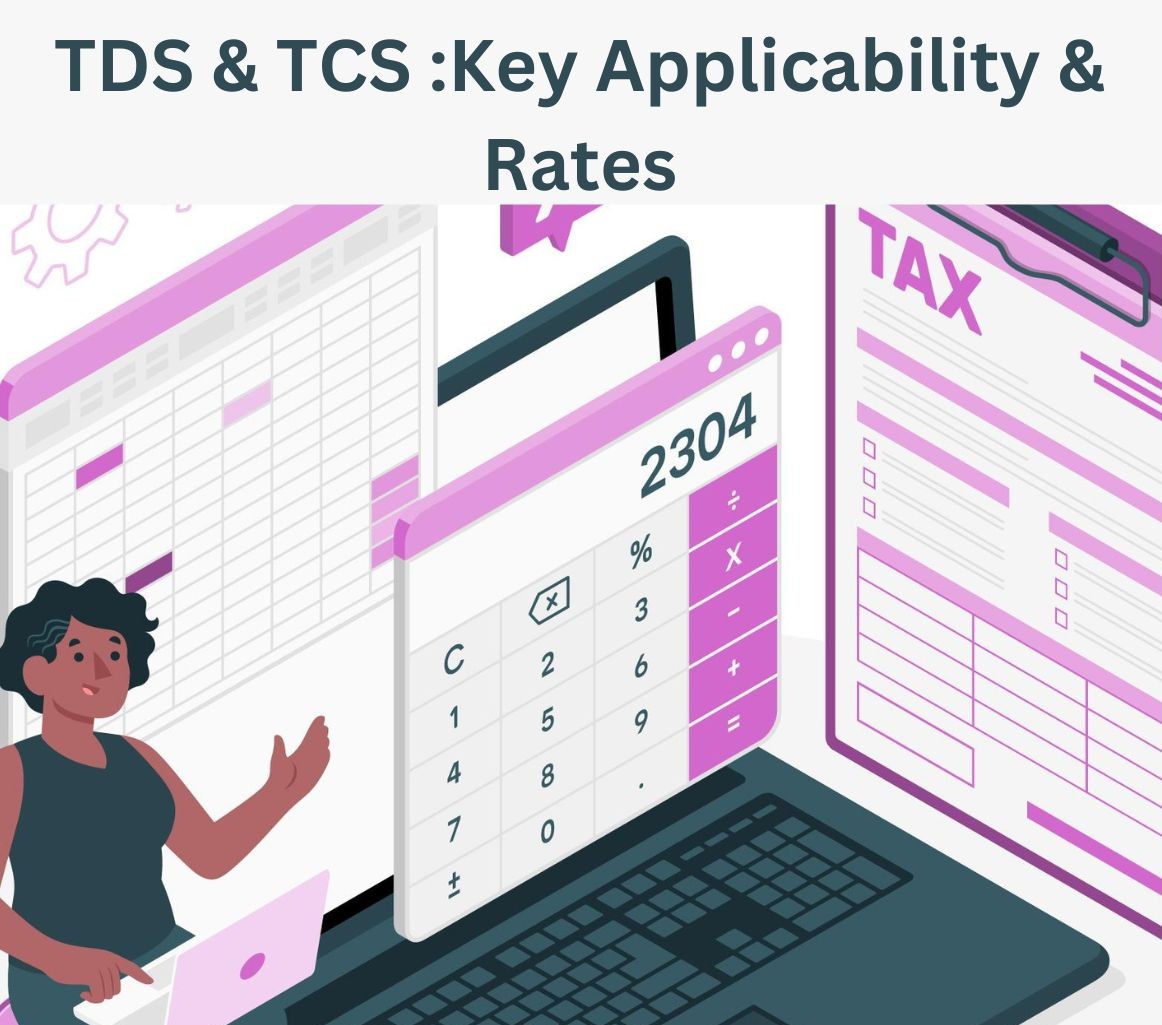Blog Details
14. TCS Credit for Foreign Education: A Simple Guide for Parents

Guidelines on How Parents can claim TCS Credit for Children's Foreign Education
Planning to send your child abroad for education? It’s crucial to navigate the financial aspects of your child's foreign education by understanding the Tax Collected at Source (TCS) regulations on foreign remittances under India's Liberalised Remittance Scheme (LRS). Here's a comprehensive guide to ensure compliance and optimize your finances.
Understanding TCS on Foreign Education Remittances
TCS is levied on outward remittances from India. For education-related expenses, the current TCS rates are:
- Up to ₹7 lakh per financial year: No TCS applicable.
- Above ₹7 lakh per financial year:
- Financed through an education loan: 0.5% TCS on the amount exceeding ₹7 lakh.
- Self-financed (without an education loan): 5% TCS on the amount exceeding ₹7 lakh.
Eligibility for Claiming TCS
- Valid PAN: The parent or taxpayer must possess a valid PAN number registered with the Income Tax Department. The TCS credit will only reflect against the PAN linked to the payment.
- Education Related Expenses: This applies to foreign remittances towards tuition fees, hostel accommodation charges, examination fees, library fines, purchase of books, and other expenses directly related to education.
- Proof of Payment: Ensure you maintain documentation as evidence of the foreign education payment.
- The fees must be paid in foreign currency.
- The student must be pursuing a full-time course abroad.
Documents Required to be Maintained
- Foreign university's invoice or payment receipt.
- Proof of payment (bank statement, payment receipt, etc.).
- Student's passport and visa.
- Admission letter or confirmation of enrolment in the foreign university
- TCS certificate (Form 27D) from the bank or payment gateway.
Claiming TCS Credit:
The TCS amount collected is adjustable against your total income tax liability. To claim this credit:
- Verify TCS Deduction: Ensure that the TCS deducted by your bank or authorized dealer reflects accurately in your Form 26AS, which details tax credits associated with your PAN.
- File Income Tax Return (ITR) and report the foreign remittance amount and the corresponding TCS in your ITR for the relevant assessment year.
- Claim refund of TCS: If your total tax liability is nil or lower than the TCS amount, you can claim a refund of the surplus amount by filing your ITR.
Navigating TCS rules for foreign education payments can seem complex, but with a clear understanding of the guidelines, parents can plan finances more effectively and claim the TCS credit without hassle. Remember, the TCS collected is not an additional tax burden—it can be adjusted against your total tax liability or claimed as a refund. By staying informed and ensuring timely compliance, you can focus on supporting your child’s educational aspirations without unnecessary financial stress.
~ Compiled by Roshan S, Audit Assistant, H M R R & Associates.
Copyright | All Rights Reserved H M R R & Associates























